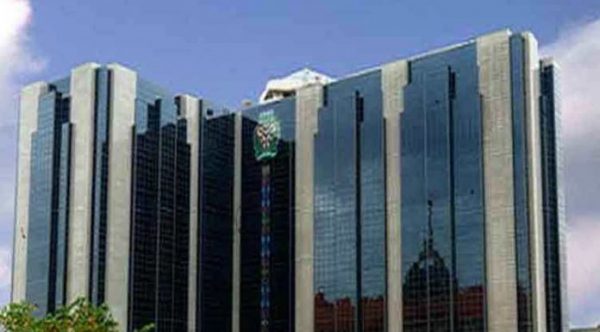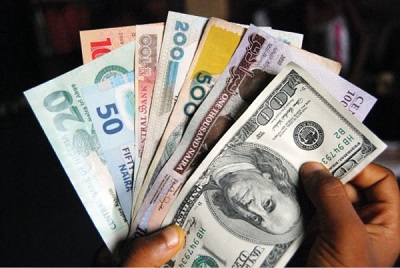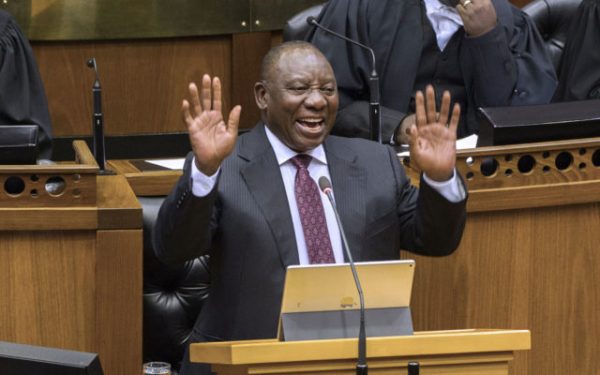Capital importation falls by N1.68tn – CBN
Foreign investors appear to have boycotted the Nigerian market as capital importation has dropped by $4.08bn (N1.68tn) in one year, latest statistics have shown
Between January and September 2020, total capital importation amounted to $8.55bn, data from the National Bureau of Statistics revealed.
However, according to the latest capital importation report by the NBS, during the same period in 2021, foreign capital inflows into the country fell by $4.08bn (N1.68tn) to $4.47bn.
A breakdown of the 2020 figures shows that in the first quarter of 2020, capital importation into Nigeria stood at $5.85bn, representing an increase of 53.97 per cent compared to Q4 2019.
During this period, Foreign Portfolio Investment contributed the largest amount to capital inflows, accounting for $4.31bn or 73.61 per cent of the total capital importation, followed by ‘other investments’, which accounted for $1.33bn or 22.73 per cent; then the Foreign Direct Investment which accounted for 3.66 per cent or $214.25m.
In terms of sectors, the banking industry led the chart by contributing $2.99bn to the total capital importation in Q1 2020.
In the second quarter of 2020, the aggregate capital inflow fell by 77.8 per cent to $1.29bn when compared to the preceding quarter.
“The largest amount of capital importation by type was received through ‘other investments’, which accounted for 58.77 per cent ($761.03m) of the total capital imported, followed by FPI which accounted for 29.76 per cent ($385.32m); and then the FDI which accounted for 11.47 per cent ($148.59m) of the total capital imported in Q2 2020,” the NBS said.
By sector, capital importation by shares dominated in the second quarter of 2020 reaching $464.57m of the total capital importation.
Capital importation, however, rose to $1.56bn in the third quarter of 2020, representing an increase of 12.86 per cent compared to Q2 2020.
The rise in capital inflows in Q3 was driven mainly by other kinds of investments besides the FDI and the FPI, the NBS said.
According to the bureau, ‘other investments’ accounted for 43.75 per cent ($639.44m) of the total capital importation, while the FDI and the FPI contributed $414.79m and $407.25m, respectively.
Further analysis showed that in Q1 2021, the total value of capital importation was $1.90bn which represented a decline of $3.95bn when compared to the same quarter in 2020.
Capital importation, however, declined to $875.62m in Q2 201, representing a decrease of $415m compared to the $1.29bn recorded in Q2 2020.
The NBS said that, “The largest amount of capital importation by type was received through portfolio investment, which accounted for 62.97 per cent ($551.37m) of total capital importation, followed by other investments, which accounted for 28.13 per cent ($246.27m) of total capital imported and the FDI, which accounted for 8.90 per cent ($77.97m) of total capital imported in Q2 2021.”
It added that by sector capital importation by banking dominated in Q2 2021 at $296.51m.
In Q3 2021, capital inflows rose by over 97 per cent to $1.73bn in Q3 2021 (quarter-on-quarter), and by 18.47 per cent (year-on-year).
Portfolio investment, which accounted for $1,217bn was the major driver of capital inflow in Q3, followed by other investments which accounted for $406.35m while the FDI amounted to $107.81m.
Responding to the development, the Managing Director, Cowry Asset Management, Johnson Chukwu, said that the likely cause of the decline was a decrease in the FPI, which is the major driver of capital importation.
He noted that portfolio investors might be discouraged to invest in the Nigerian market due to forex illiquidity.
He said, “The decline in capital importation has been consistent for the past three years if you look at the data.
“In terms of portfolio investment, which is the major component, I think the issue is that foreign portfolio investors have likely stayed away from the Nigerian market because of foreign exchange illiquidity, as some of the funds that are trapped are yet to be accessed.”
He expressed hope that the efforts of the Central Bank of Nigeria to meet FX demands and clear arrears would incentivize portfolio investors to return to the Nigerian market.








